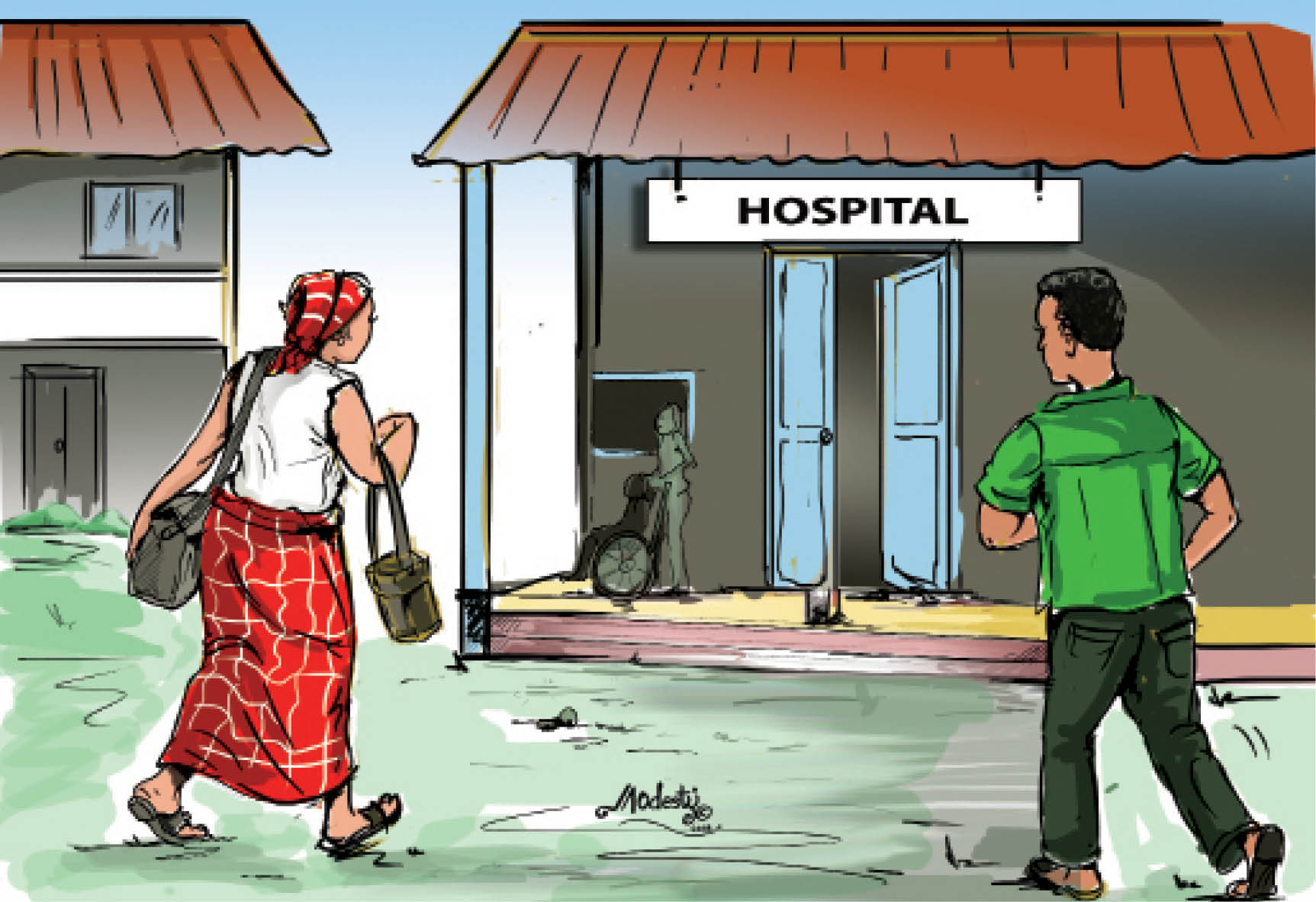It is quite shocking to read that Nigeria spends as much as N2.04 trillion annually to combat malaria, but despite these colossal resources committed, thousands of Nigerians are still dying of malaria.
Nigeria suffers the world’s greatest burden of malaria with approximately 51 million cases and 207,000 deaths reported yearly. Malaria remains a significant burden in Nigeria, particularly in pregnant women and children under the age of five years.
It could be deduced from the above highlight that Malaria is not only a public health challenge, its direct and indirect impact on the economy cannot be overemphasized considering the health care expenditure as well as the attendant impact like waning productivity occasioned by illness and death. It also affects foreign investment and tourism significantly.
Some researchers have also corroborated the above exposition that malaria is not only a public health challenge, that its consequence on the economy is too distinctive to be ignored. In Nigerian communities where malaria is endemic, the impacts are loss of resources, time, the health of household members and in worst cases, death. The researchers stressed further that 97 percent of Nigerians live at risk of malaria and 76 percent in high transmission areas; 50 percent of the population is estimated to have at least an episode of malaria yearly.
- Plateau attacks: Over 200 pastoralists killed in 2 months – MACBAN
- A trip to Maiduguri slum where residents go to school, markets on boats
An insight into the ailment of malaria revealed that it is caused by a parasite called Plasmodium. Anopheles mosquito is the vector that carries the plasmodium parasite. The egg larva that metamorphosed into mosquitoes is found in waterlogged areas gutters and broken bottles or cans.
Some social thinkers have posited that the 1st stage of insanity is doing the same things the same way over the years and expecting different results. If over the years colossal resources have been expended in combating malaria without commensurate results, is it not high time we re-strategise our approach of intervention from curative to preventive for a better result?
On the above premise, if N500bn i.e., about half of the N2.04trn is expended annually on the construction of culverts and gutters in all communities nationwide, it is expected that malaria cases would be reduced considerably.
The defunct sanitary inspectorate system should be resuscitated as well as in all local government areas to ensure that Nigerians keep their environment clean. With this preventive approach, there would be no place for anopheles’ mosquitoes to thrive and malaria cases would be reduced to tolerable and inconsequential levels.
Remi Adeleke wrote from the PDP Quarters Suleja, Niger State




